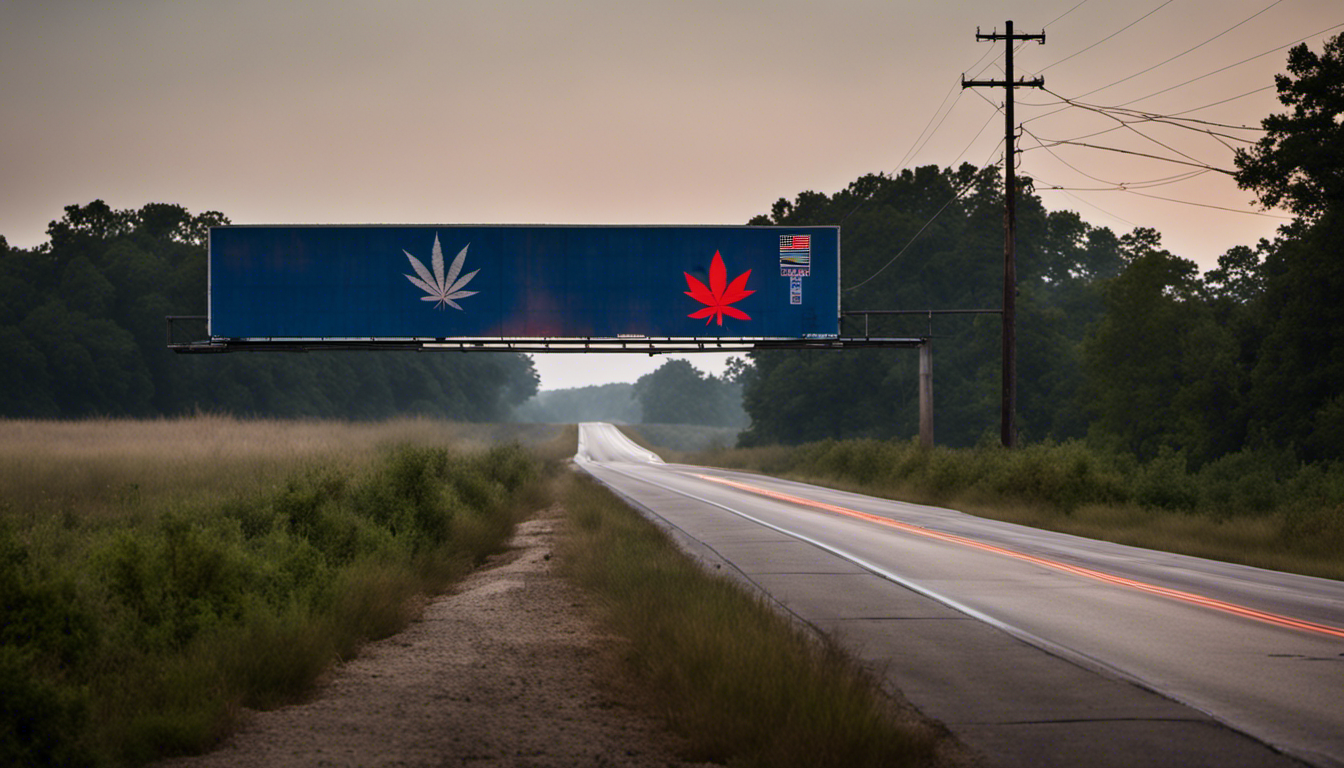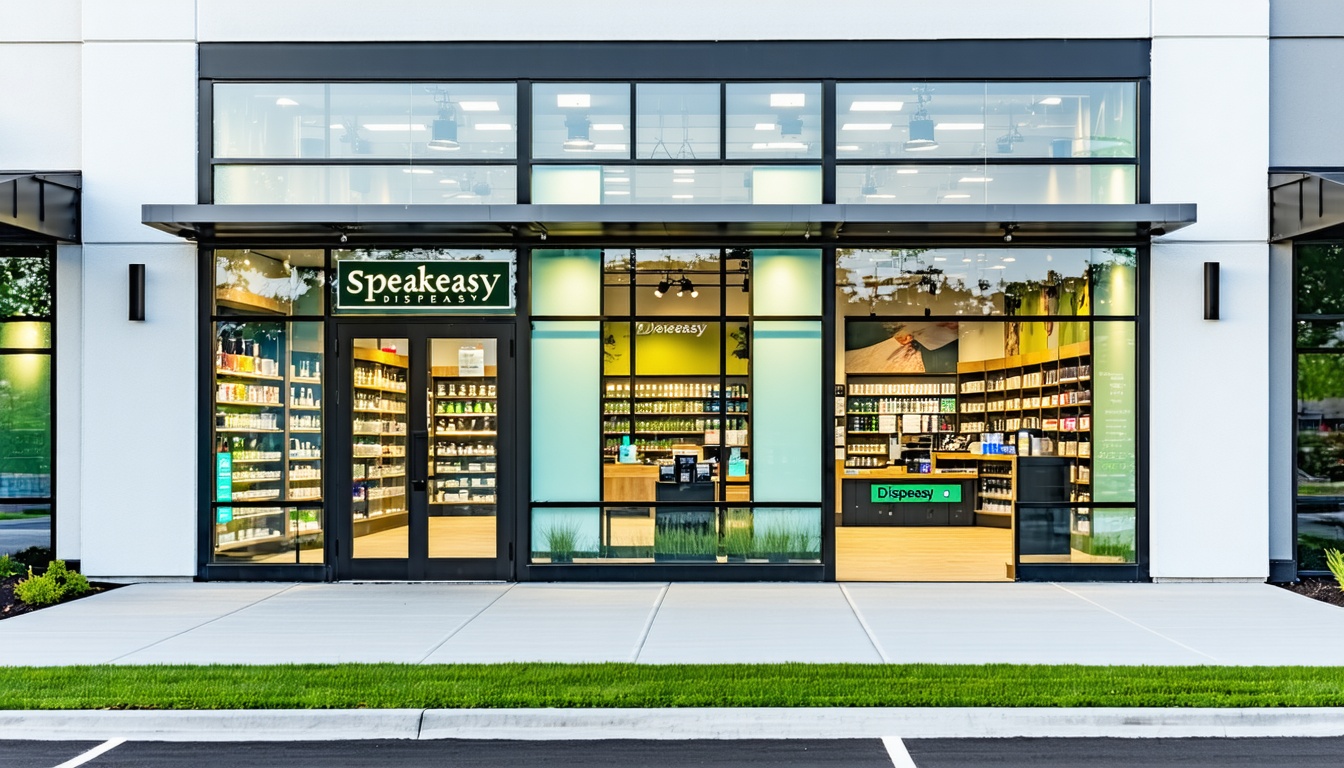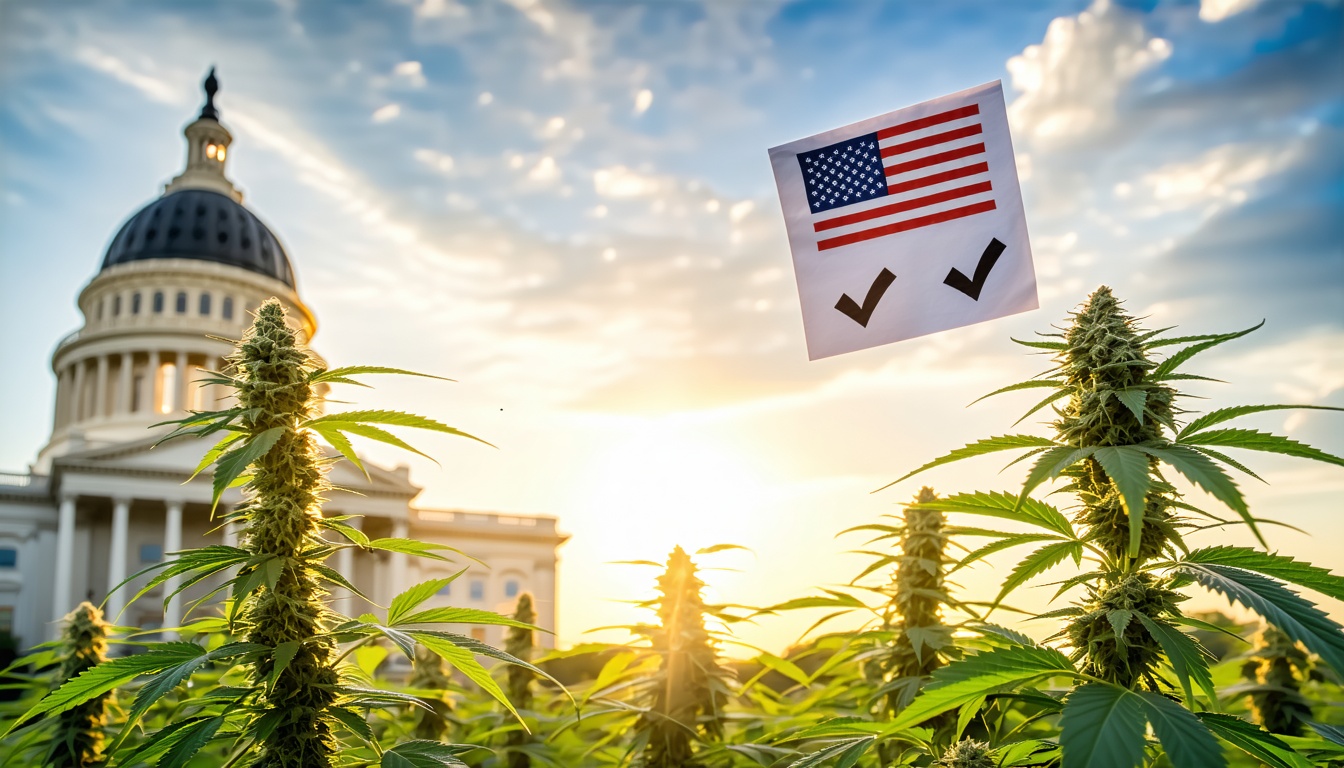Supreme Court Rejects Challenge to Mississippi’s Strict Marijuana Advertising Ban
The Supreme Court has declined to hear a challenge to Mississippi’s near-total ban on advertising medical marijuana, leaving the state’s restrictions in place. The ban prohibits medical marijuana dispensaries from advertising on billboards, newspapers, television, social media, and email lists.
The challenge was brought by Clarence Cocroft, the owner of a cannabis dispensary in Mississippi, who argued that the ban violates his First Amendment right to free speech. Cocroft wanted to advertise on four billboards he owns, but the state’s ban prevents him from doing so.
The 5th U.S. Circuit Court of Appeals previously ruled that Cocroft does not have a First Amendment right to advertise his business because marijuana is still illegal under federal law. The Biden administration has attempted to reclassify marijuana as a less dangerous drug, but the effort has stalled.
The Institute for Justice, which represented Cocroft, argued that the ban puts dispensaries in “First Amendment limbo” and serves no legitimate public purpose. Only a handful of states have a complete prohibition on marijuana advertising, and the federal government has generally not challenged state laws that allow for more permissive advertising.
Mississippi’s ban on marijuana advertising is similar to those in Arkansas and Alabama, according to the Institute for Justice. The group argues that an outright ban on all medical cannabis advertising is unnecessary and restricts the ability of dispensaries to inform patients about their products and services.
Cocroft expressed disappointment in the Supreme Court’s decision, stating that he had hoped his case would be heard and that his business could be treated like any other legal business in the state. The decision leaves Mississippi’s strict advertising ban in place, limiting the ability of medical marijuana dispensaries to advertise their products and services.












